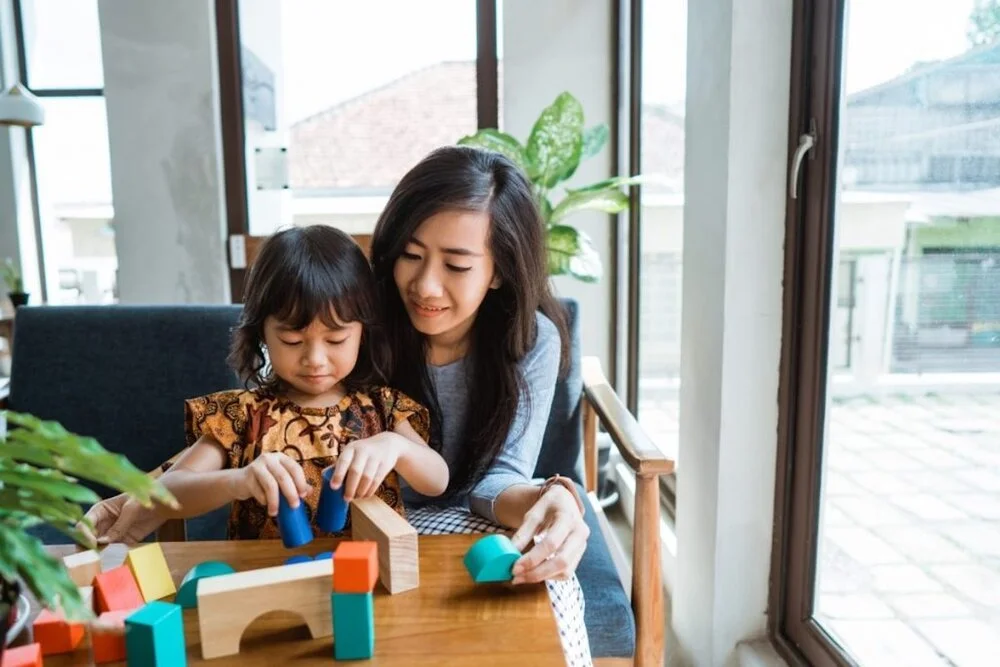Communicating with Young Children
Communicating with Young Children
Interacting with young children, particularly toddlers and preschool age children involves engaging the child at their level of development. Engaging the child through play-based activities and actively listening and responding to the child about their interests, likes and dislikes is just as important as being mindful and present in the moment. Being consistent and deliberate with interactions helps foster a sense of security and will help build a stronger bond. Building a relationship takes patience, persistence and a positive attitude. With increasing work demands and distractions allocating time without interruption can be challenging. The quality of the time spent with a child is more important than the quantity. Giving a child your full attention will help to show them what they have to say is important. Asking engaging questions and actively listening for a response helps to create a stronger connection. In addition, is it important to validate their feelings and provide feedback by reflecting back on what they are saying? Helping to problem solve without providing an immediate solution provides a rich and nurturing environment for growth. During times of conflicts, it is important to identify potential triggers, unmet needs of the child and the parent. As a parent it is vital that we nurture, comfort, and provide reassurance when needed. It is also important that parents and caregivers have time for adequate selfcare and take time to process their own emotions. Planning can help avoid certain challenges and be helpful in managing potential meltdowns.
Author: Dr. Ravinder Marok, MD - Child & Adolescent Psychiatrist
